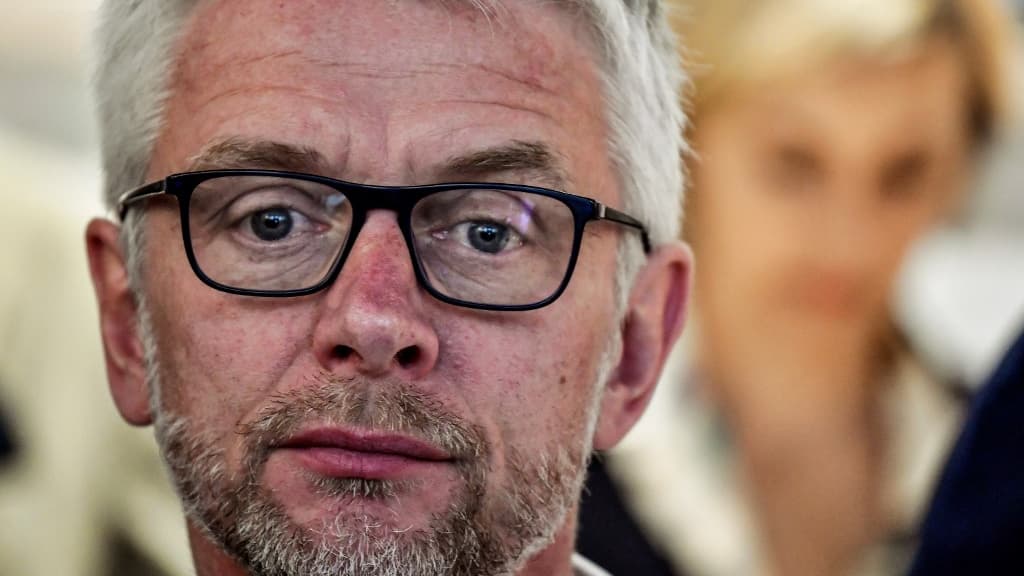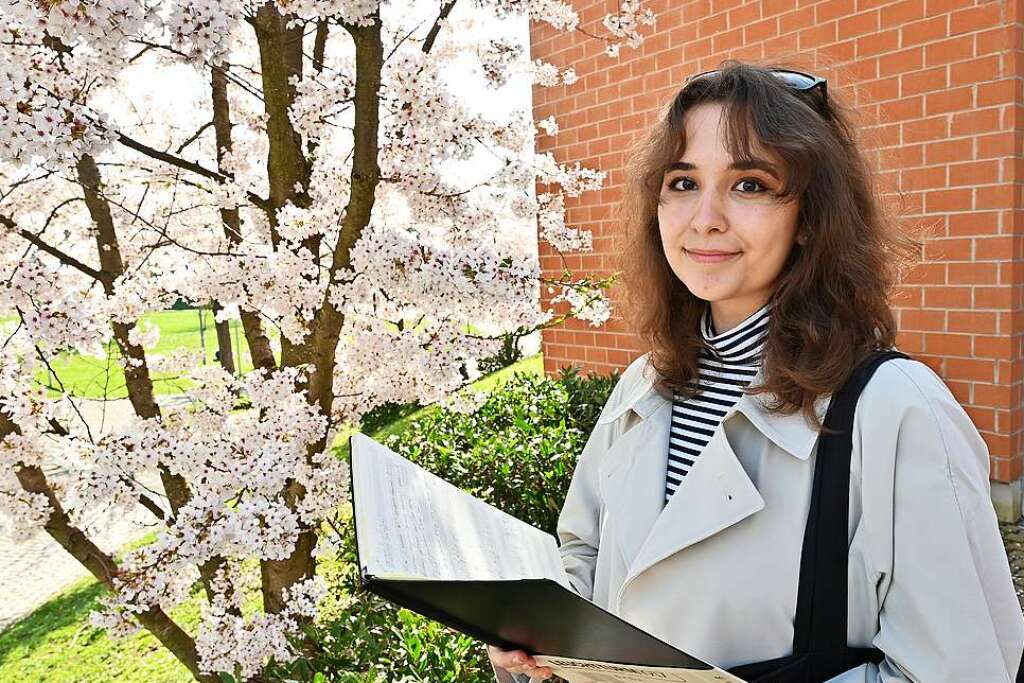The elected Génération Écologie, member of the Foreign Affairs Commission, went to Lviv, where he met NGOs from his Lyon constituency. He then crossed the Polish border alongside refugees fleeing the fighting.
He followed in the footsteps of the refugees to “better understand the stakes of a conflict at the heart of Europe, which obviously concerns us”. Hubert Julien-Laferrière, Génération Écologie deputy for the Rhône, went to western Ukraine about two weeks ago.
A trip that seemed necessary in the eyes of this member of the Foreign Affairs Committee, working on diplomatic issues in the National Assembly, and whose mother was born north of Lviv, in order to “better understand what is going to be and what what is already the reception of refugees in France and the work of NGOs both on the spot and at the border”.
It is precisely in Lviv, a metropolis hitherto relatively spared from the Russian bombardments, that Hubert Julien-Laferrière carried out the “tremendous work” accomplished by the Ukrainians to welcome “more than 500,000 displaced persons”, driven to exodus by the enemy breakthroughs in the east of the country. At least 10 million people have been forced from their homes since the conflict began on 24 February.
hope and despair
In Lviv, the elected official met representatives of NGOs from his constituency, such as Lyon-Ukraine or Triangle Génération Humanitaire, he says this Thursday morning on BFM Lyon. And to add that they offer “very important financial and medico-social support”.
But this is not the “highest moment of (his) visit”. The deputy left Ukraine as he joined it: on foot from the Polish border post. He was accompanied by a large contingent of Ukrainian refugees.
“For four hours, I walked with them, in the cold, to pass both the Ukrainian border post and then the Polish border post, he rewinds. In the midst of these refugees, I was able to exchange with them , they confided to me their despair and, at the same time, the hope of seeing their country win, their will, their dignity too. I exchanged with these families who came from kyiv, Karkhiv, Mariupol; women , children, the elderly; because the men must stay in the country to fight.”
“Who wants to come to France?”
Once the border post crossed, the deputy remembers having noticed “a formidable mobilization”. He cites “associations, volunteers who come from all over Europe” to provide assistance to exiles, providing them with “both food and blankets” and directing them to buses chartered by NGOs.
Several images remain in his memory: “I saw for example the mayor of Przemyśl, who consecrated the old shopping center, who made it a real humanitarian hub, where there are therefore camp beds”. Hubert Julien Laferrière does not forget either this Breton association, set up for the occasion, and its activists who waved French flags. He sees them again asking: “Who wants to come to France?”, before hitting the road, once the maximum capacity of their vehicle has been reached.
Weapons, 4x4s, bulletproof vests…
If the deputy did not extend his stay in Poland, it is because he wanted to attend the speech of Volodymyr Zelensky, the Ukrainian president, before the National Assembly. In the mind of Hubert Julien-Laferrière, his words resonated with those of a Ukrainian regional official met during his visit to Lviv.
Both “reiterated the importance of French support, European support, reminding us – and what is true – that by defending democracy and sovereignty in Ukraine, it is all democracy that “We defend in the world, by refusing this aggression from the Russian dictator. That is obviously very important”, underlines the elected official.
“Continue to impose very harsh sanctions against the Russian oligarchy and then continue to deliver military equipment to us,” the Ukrainian official also asked him. This is not only about weapons, but also about vehicles, such as 4x4s, or bulletproof vests: “He made me a little list, hoping that I could give it to the French government”.
—


